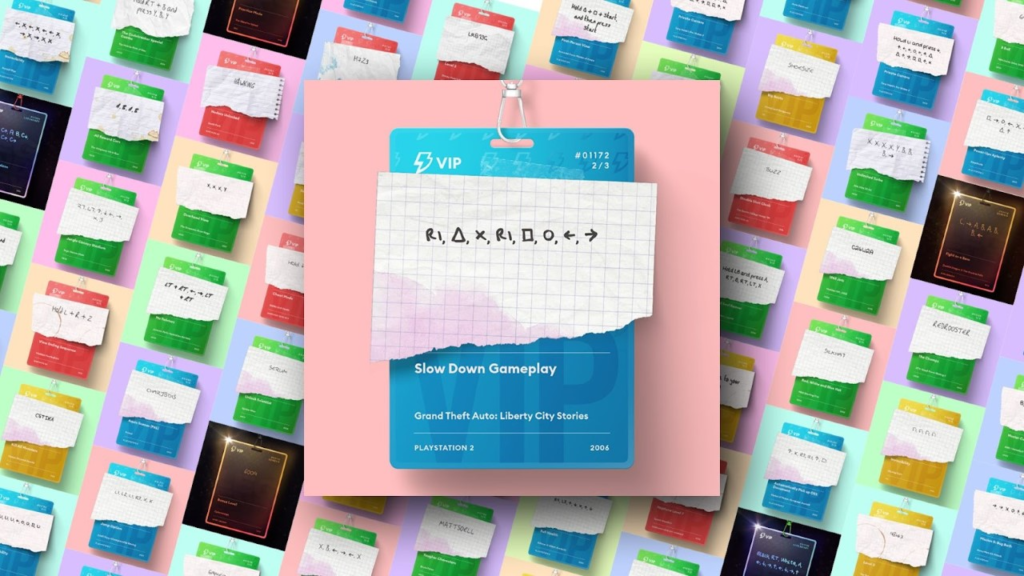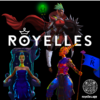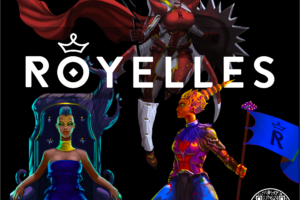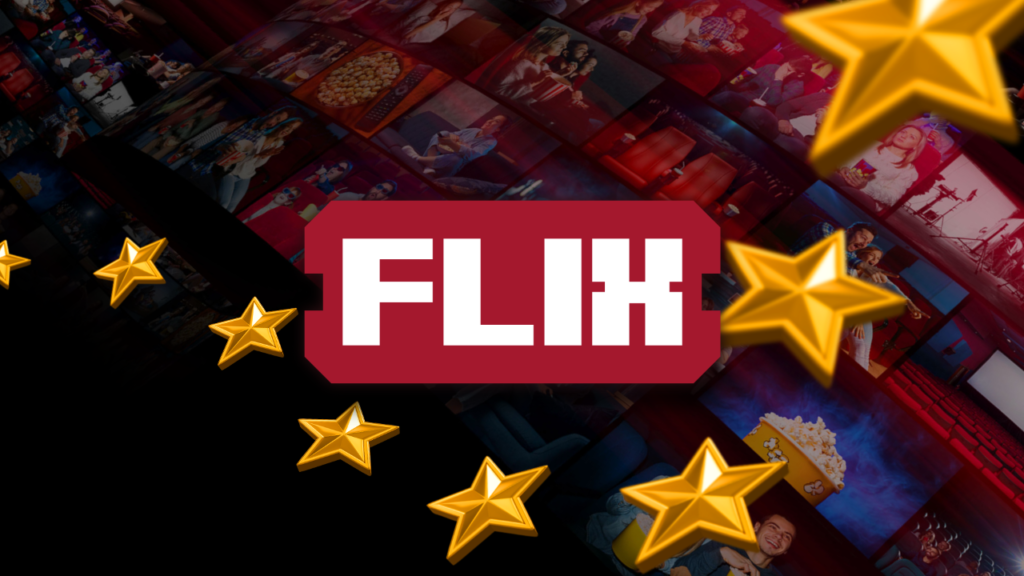
A cheat code NFT allows owners to accrue money, prizes and royalties in the context of popular games.
On Tuesday, Stakester announced its intention to launch a VIP pass in the form of NFTs that it says will enhance the experience for users of its popular gaming app.
The app, which pairs gamers with real-life opponents, allows players to stake real cash and prizes on their competitive skills in popular games like FIFA 21 and Call of Duty: Warzone. It’s seen significant growth since its launch in 2020, and touts 100,000 members across 31 countries.
With the forthcoming NFT drop, users will now unlock the potential for larger prizes, access to VIP arenas, and 50% of royalties on the secondary market.
“The NFTs embody Stakester’s vision of delivering electrifying gaming experiences through the thrill of competition,” says Tom Fairey, Founder and CEO of Stakester. “NFT holders will help us shape new, undreamt-of entertainment experiences as gaming becomes ever more powerful and immersive.”
Two levels of NFTs will be offered. At .1 and .25 ETH, respectively, the barrier to entry is high, but Stakester is hoping gamers will see the value of layered experiences and unlocking additional incentives with real-world value.
“The idea of earning rewards, just like a normal reward scheme but built around NFTs, is totally fit for the future,” says Mike White, CEO and Strategist of immersive entertainment marketing agency, Lively. “The whole idea of royalties is truly exciting.”
Stakester’s 50% royalty incentive, Fairey believes, will create stakeholders out of the players on his platform.
“As well as the increase in gaming utility, the NFT drops provide Stakester users with a chance to invest in the future of the company and, for VIP Legendary holders, there’s also an opportunity to benefit from a royalty share from certain competitions and to make a passive income from NFTs, regardless of whether they go up in value or not,” he says. “Stakester is one of the only platforms to offer this kind of bonus.”
White points out that Gala Games is doing something similar with Nodes which allow gamers to receive rewards like NFTs when they contribute meaningfully to the Gala Network.
He predicts that legacy gaming companies will be adopting similar NFT models, but the winners in the NFT gaming race are hard to predict, particularly since there’s so much attention around NFTs that it’s hard to differentiate between hype and long-term value.
“I’m sure it will be an immediate success,” he says. “Will it be a long-term thing? We can only wait and see.”















